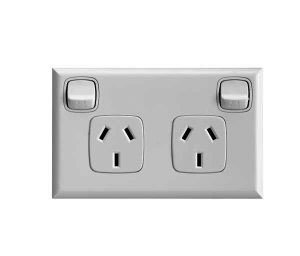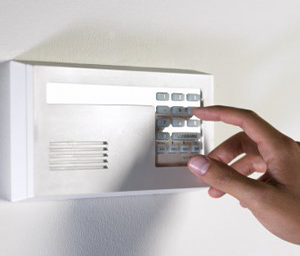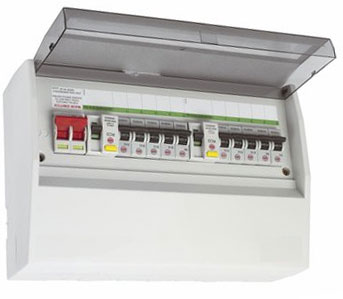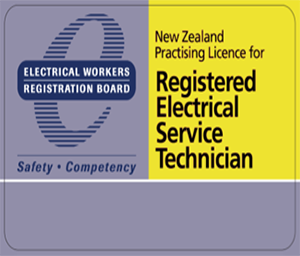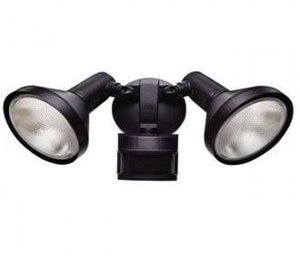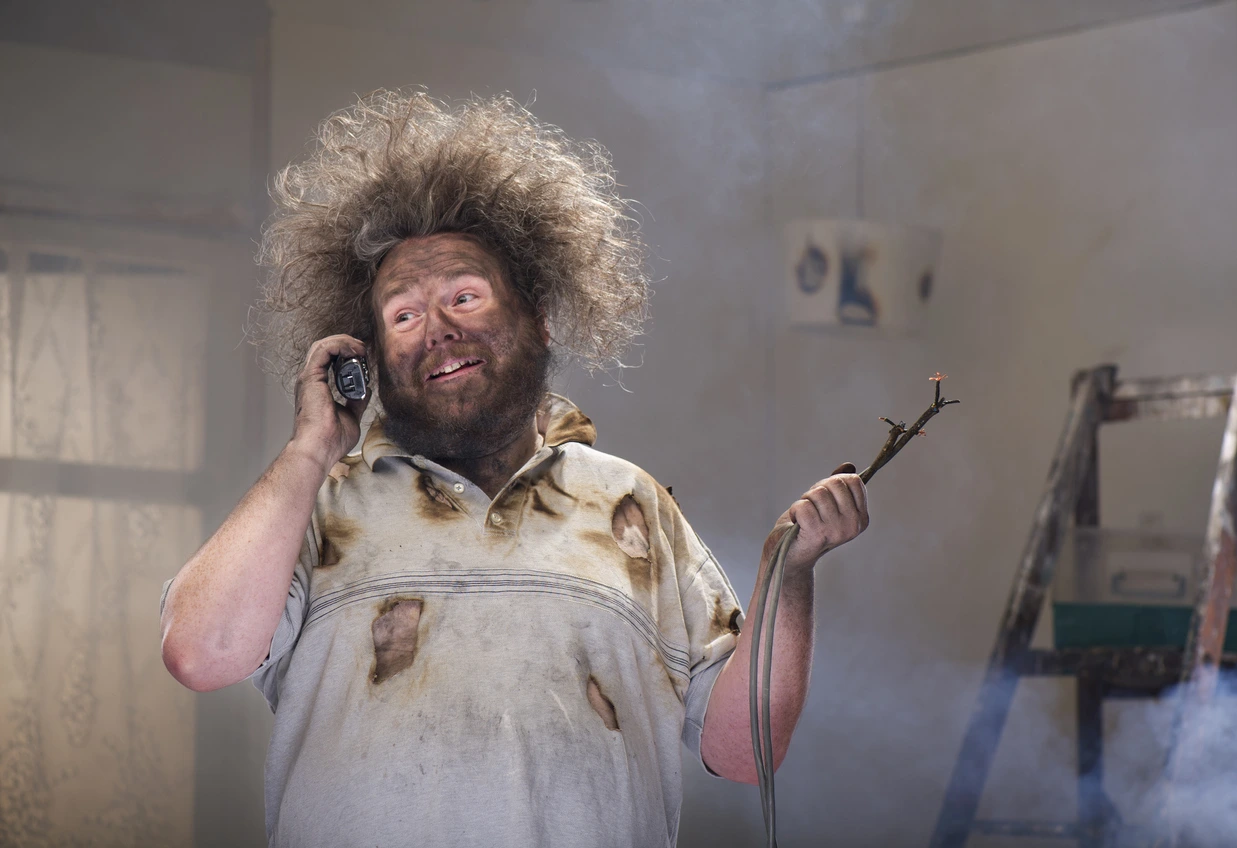
Operations Manager: Dave Morrison
With the rapid growth Hall Electrical has achieved in the last two years the need arose for someone to help Phil with the day to day running of the company. Dave Morrison, who has been with Hall electrical 17 years, has now been appointed to the new position of operations manager freeing up Phil’s time to further promote and grow the company. Good luck in your new role Dave.
New Team Member: Mark Tabrum
In early May Mark joined the team specialising in repairs for our very special commercial and domestic clients. Previously Mark had installed home ventilation systems until he got the passion to further his studies and become a qualified sparky. Before joining us Mark had been in full time study to complete his training.
Mark loves his sport coaching 3rd grade rugby league for the Howick Club during the week and playing 20/20 cricket on a Monday night. He has also recently rejoined the Howick Golf Club hoping to get back to the 11 handicap he had as a 19 year old.
New Apprentice: Ben Hepburn
With two of our apprentices, Johnny and Cole, nearly out of their apprenticeships it was time for Hall Electrical to look for more “boys” to train. Ben started with us in early August on a trial run and has quickly adapted into his new role.
Nicknamed “Fish’ because he is the new fish in a big pond his early morning chores include emptying the rubbish bins and getting the boss a coffee. With a bit more training he will be promoted to the vacuuming. Ben’s interests include soccer, softball and water polo.









